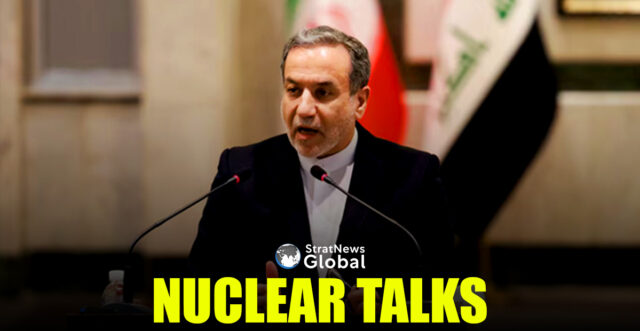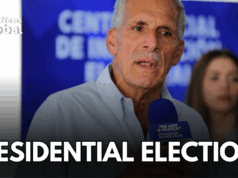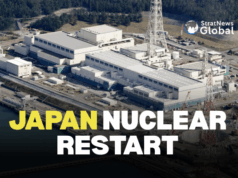Iranian and U.S. negotiators are set to restart talks in Rome on Friday in an effort to resolve their long-standing standoff over Tehran’s nuclear programme, even as Iran’s supreme leader cautions that reaching a new agreement may prove impossible due to deep divisions over key issues.
The stakes are high for both sides. President Donald Trump wants to curtail Tehran’s potential to produce a nuclear weapon that could trigger a regional nuclear arms race. Iran, for its part, wants to be rid of devastating sanctions on its oil-based economy.
Iranian Foreign Minister Abbas Araqchi and Trump’s Middle East envoy Steve Witkoff will hold a fifth round of talks, through Omani mediators, despite both Washington and Tehran taking a tough stance in public over Iran’s uranium enrichment.
Although Iran insists the talks are indirect, U.S. officials have said the discussions — including the latest round on May 11 in Oman — have been both “direct and indirect”.
Tehran and Washington have both said they prefer diplomacy to settle the standoff, but they remain deeply divided on several red lines that negotiators will have to circumvent to reach a new nuclear deal and avert future military action.
Deal ‘Will Not Be Easy’
U.S. Secretary of State Marco Rubio said on Tuesday that Washington is working to reach an agreement that would allow Iran to have a civil nuclear energy program but not enrich uranium, while admitting that achieving such a deal “will not be easy.”
Supreme Leader Ayatollah Ali Khamenei, who has the last say on state matters, rejected Washington’s demands that Tehran stop enriching uranium as “excessive and outrageous”, warning that the talks are unlikely to yield results.
Among the remaining stumbling blocks is Tehran’s refusal to ship all of its highly enriched uranium stockpile abroad or engage in discussions over its ballistic missile programme.
Iran says it is ready to accept some limits on its uranium enrichment but needs watertight guarantees that Washington would not renege on a future nuclear accord.
Trump, who has restored a “maximum pressure” campaign on Tehran since February, ditched a 2015 nuclear pact between Iran and six world powers in 2018 during his first term and reimposed sweeping U.S. sanctions that have devastated Iran’s economy.
Iran responded by escalating enrichment far beyond the 2015 pact’s limits.
The cost of the failure of the talks could be high. While Tehran says its nuclear work is for peaceful purposes, Iran’s arch-foe Israel, has said it would never allow Iran’s clerical establishment to obtain nuclear weapons.
Araqchi warned on Thursday that Washington will bear legal responsibility in the event of an Israeli attack on Iranian nuclear facilities, following a CNN report that Israel might be preparing strikes on Iran.
While rising U.S.-Iran tensions over Tehran’s uranium enrichment jeopardise nuclear talks, three Iranian sources said on Tuesday that the clerical leadership lacks a clear fallback plan if efforts to overcome the standoff collapse.
(With inputs from Reuters)





